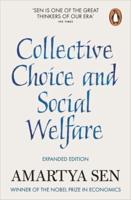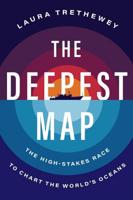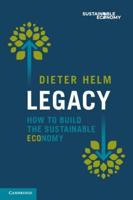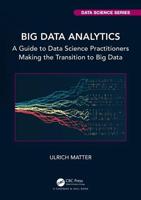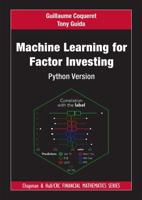Publisher's Synopsis
What determines urban growth? Much has been written on particular causes and incidents which can explain the rise of one metropolis and the fall of another, but these do not illustrate general tendencies. This volume asks whether theories used to explain economic growth of nations or regions can be employed to find characteristics which encourage the growth of cities. - - Cavazos tests two principal theoretical approaches in this way. The first, the endogenous growth theory, predicts that incomes will diverge and sees technological innovations as the engine of economic growth. The second, the neoclassical growth theory, predicts conditional convergence and rates capital accumulation as the key to economic growth. He uses the two models to study US metropolitan income growth between 1970 and 1990 and compares their performance to determine which provides more insightful explanations of metropolitan growth. - - The results of these tests indicate that neither theoretical perspective fully explains the process of urban growth, but they do yield multiple policy implications, particularly the role that the government can play in affecting the process of growth. Cavazos also suggests how a new theoretical model could be developed taking the strengths from both existing theories and adapting them specifically for the analysis of metropolitan areas.



